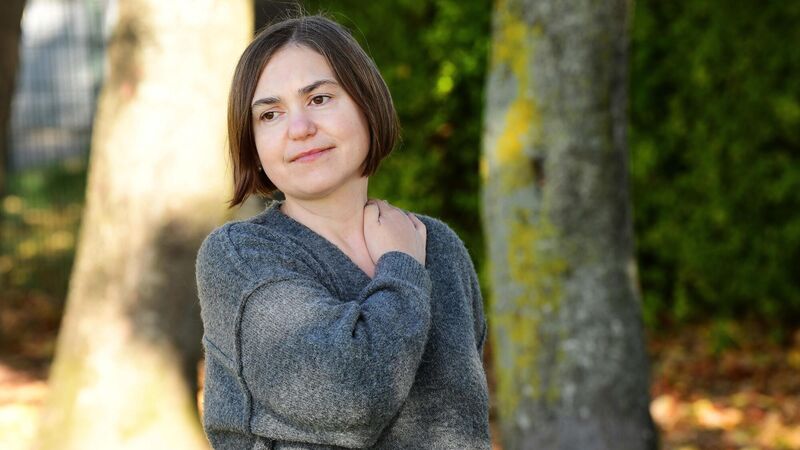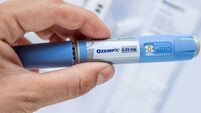'I’ve come to terms with the fertility issues of premature menopause'

Niamh Connellan, a nurse originally from County Clare, who was in her 20s when she realised her symptoms meant menopause. Picture: Moya Nolan
Niamh Connellan was 27 when she found out her ovaries were as small as those of a woman in her late 50s — a woman who had completed the menopause.
The ultrasound also picked up that the lining of her cervix was thin, while a check on her egg reserve brought another brutal truth.











